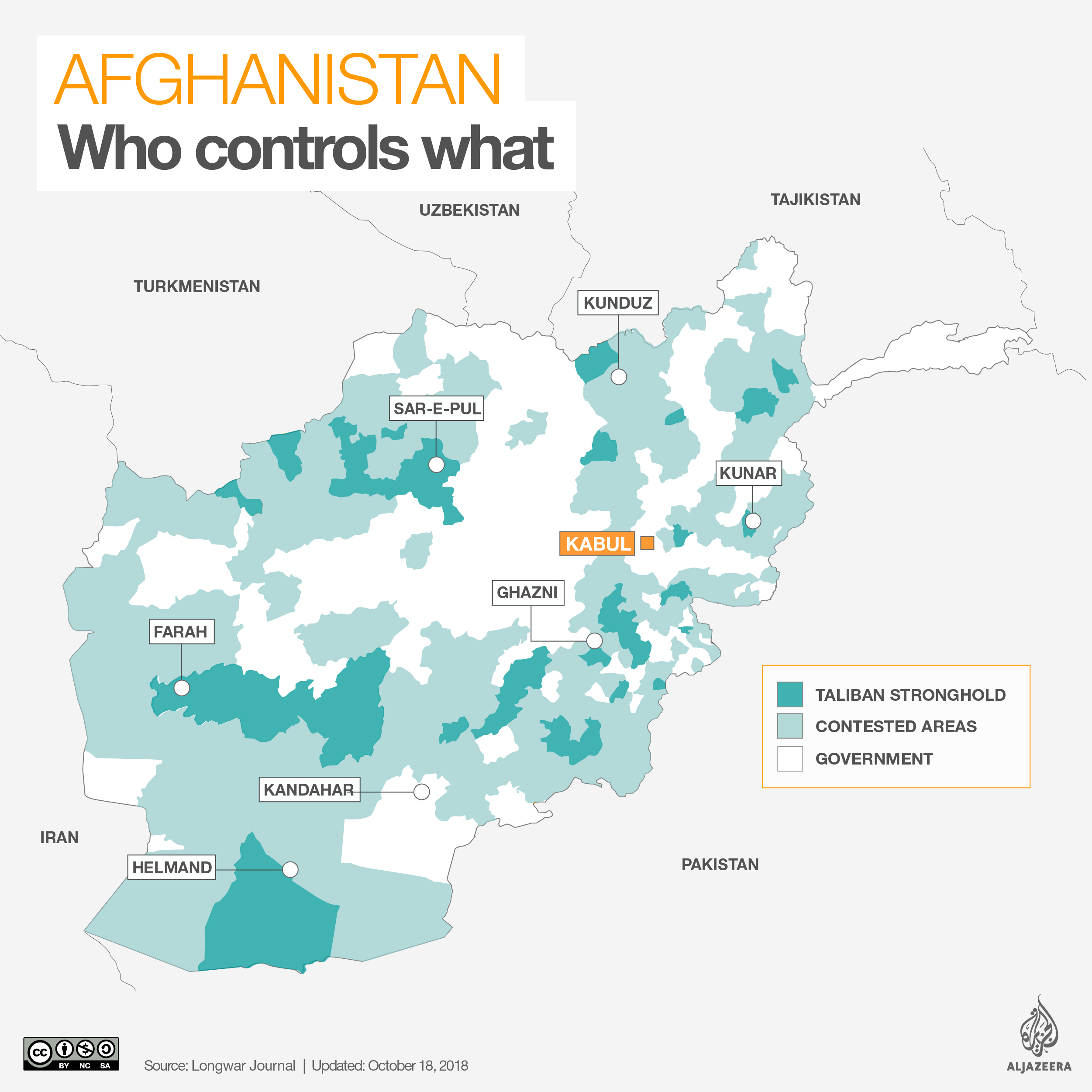7667766266
enquiry@shankarias.in
What is the issue?
What does the withdrawal mean for the countries?
What is Pakistan's stance?
How does Afghanistan's future look?

What lies ahead?
Source: Indian Express